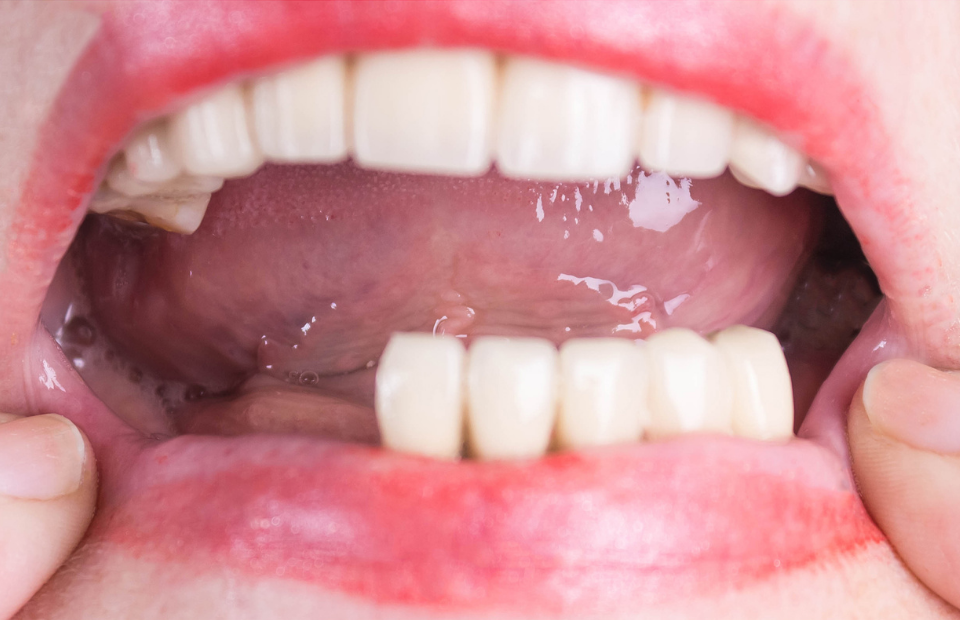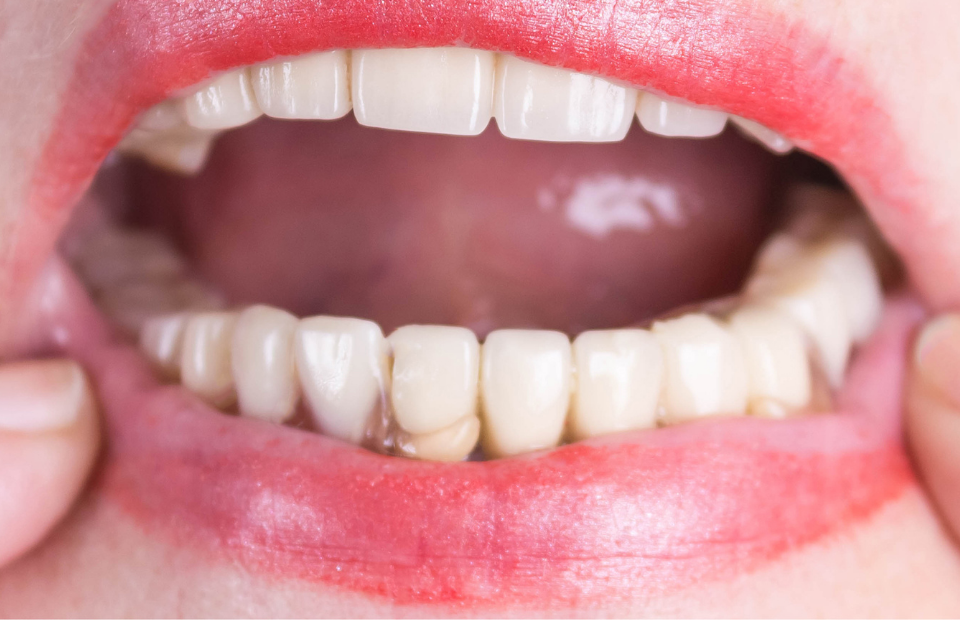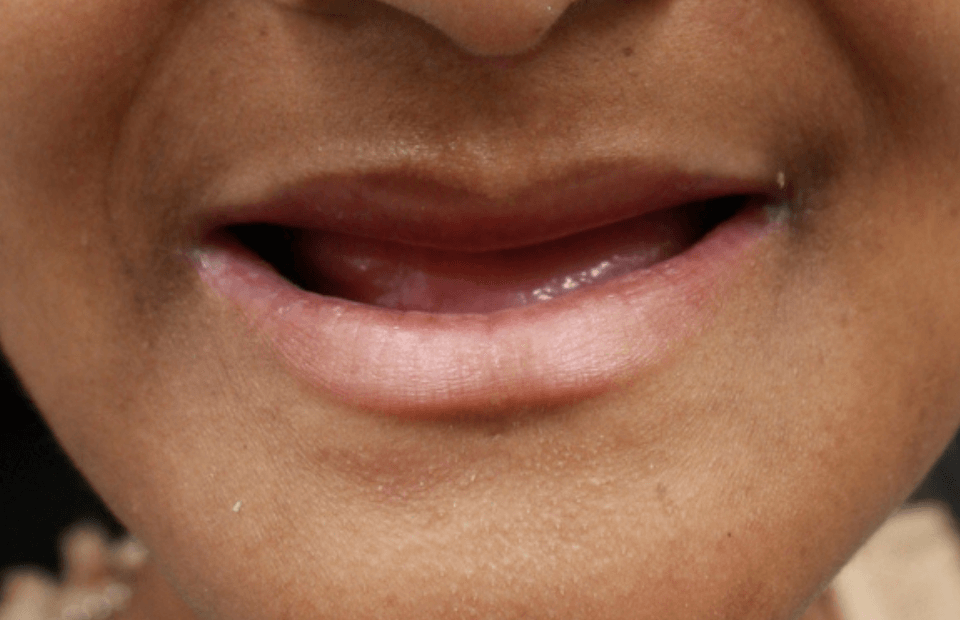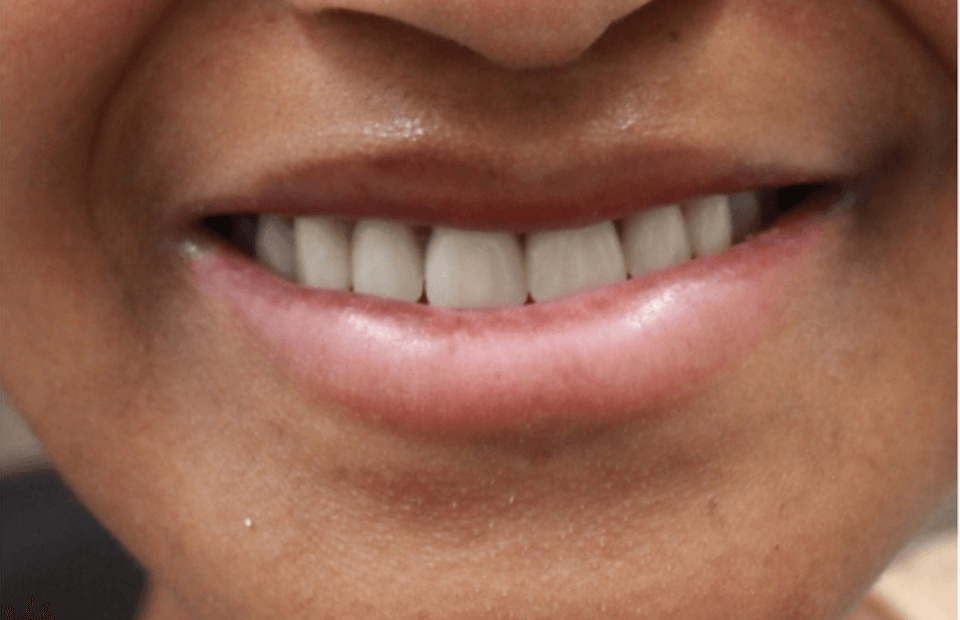Many of us lose teeth as we age. Besides the social stigma missing teeth can make eating a challenge and inadvertently effect your natural facial features. Now imagine if you could design your teeth? With dentures you can. From size to color, you will get the look you are after. Like all areas of life, technology has bettered dentures to make them light, durable and feel more natural than ever. Dentures are an economical way of replacing function and aesthetics to the mouth.
Partial Dentures
Commonly known as “partial plates” or partials, these dentures are used when nearby teeth are not strong enough for a bridge, or there are too many teeth missing for a bridge.
Partial dentures will contribute to your beautiful smile and confidence, are cost effective, removable, lightweight and natural and support facial features.
Full Dentures
Conventional dentures are for those who lost all their teeth. Measurement of the mouth, decisions on size, shape and color are provided with patient input.
Immediate dentures are created prior to removing any teeth and fitted immediately following extraction. They allow patients to have no disruption in their routine as they wait for custom fitted permanent dentures. Together with normalizing your look, immediate dentures provide protection to your gums during the healing process, and help to minimize gum bleeding
Partial And Complete Dentures Q/A
Q | What do dentures cost?
A | The cost of dentures in British Columbia can vary depending on the type of dentures you need and the dentist or dental clinic you choose. Typically, the cost can range from a few thousand dollars for a basic set of dentures to several thousand dollars for more advanced or custom-made dentures. It is best to consult with a dentist or dental clinic for an accurate estimate of the cost for your specific needs.
Q | How do I know if dentures are right for me?
A | Like any dental treatment that has options, there are pros and cons with dentures.
Pros of dentures:
- They can replace missing teeth and improve a person's ability to chew and speak properly.
- Dentures are removable, making them easy to clean and maintain.
- They can be a more affordable option compared to other tooth replacement options such as dental implants.
- They can improve a person's appearance by filling in gaps and restoring a natural-looking smile.
Cons of dentures:
- They may not feel as stable or secure as natural teeth or dental implants.
- They may need to be adjusted or refitted over time as the shape of a person's jaw and gums change.
- They may cause sore spots or irritation to the gums.
- They may make eating certain foods difficult.
- They may require additional care and maintenance such as soaking in cleaning solution and regular check-ups.
It's important to consult with a dentist to determine if dentures are the best option for you and to weigh the pros and cons of dentures in relation to your individual needs.
Q | What is the downside to dentures?
A | Dentures can have several downsides, such as:
- They can be uncomfortable or ill-fitting, causing sore spots or irritation in the mouth.
- They can make it difficult to speak or eat certain foods.
- They can slip or move around in the mouth, causing embarrassment.
- They may need to be adjusted or replaced as the shape of the mouth changes over time.
- They can't protect the remaining teeth and gums,
- They don't prevent jawbone loss like dental implants do.
- They may have an aesthetic impact on the facial structure because they don't support the remaining teeth.
- They can be costly and may require regular maintenance.
Q | Are there alternatives to dentures?
A | There are several alternatives to dentures, including:
- Dental implants: A small titanium post is surgically placed into the jawbone to serve as a replacement tooth root. A dental crown is then placed on top of the implant to serve as the replacement tooth.
- Bridges: A bridge is a fixed (non-removable) appliance that is anchored to the remaining natural teeth on either side of the gap.
- Partial dentures: A removable appliance that is anchored to the remaining natural teeth using metal clasps.
- All-on-4 or all-on-6 dental implants: A set of dental implant that support a full arch of replacement teeth.
- Implant-supported dentures: Dentures that are anchored to dental implants, providing a more secure fit and greater stability.
It is important to consult with a dental professional to determine which option is best for your individual needs and situation.









